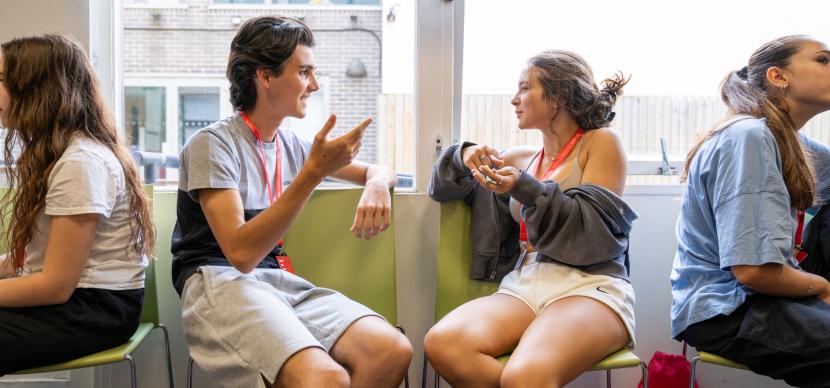Other words for 'Yes' and 'No' in English

These little words, "yes" and "no", are two of the most important in the English language. They may be short and simple, but they are used every day in a huge variety of contexts.
However, you may not know that there are a lot of other words in English that have very similar meanings to "Yes" and "No". Each of these words expresses a slightly different tone, and are sometimes used in specific contexts by certain people. Let's take a look at the different ways to say 'yes' and 'no'.
Other Words for Yes
Casual or informal ways:
Sure - A very casual, relaxed and friendly way of saying yes. Using ‘sure’ often communicates a level of compliance with somebody else’s opinion or request.
Okay – The origin of this word is highly questionable. Many think that it is an abbreviation of ‘Orl Korrekt’ – a jokey misspelling of ‘all correct’ that was popular in the 1800s. Nowadays it’s meaning is very close to yes.
Yeah – The most casual form of saying 'yes', children would often be scolded in school for saying ‘yeah’ instead of ‘yes’ to teachers.
Formal or polite ways:
Certainly - In some contexts it means absolute agreement and in other contexts it means yes. It's a polite way of showing willingness.
With pleasure - This phrase shows you're happy to do something for someone.
Indeed - Using this word has a more direct meaning that just saying 'yes', it can also be used to express understanding.
Other Words for No
Casual or informal ways:
Nope – A very casual way of saying 'no', it can be understood as being the opposite of ‘yeah’.
Nah – This word communicates a certain level of distaste for the comment that it is answering.
No way – An extreme way of saying 'no', this phrase really highlights the negative aspect.
Formal or polite ways:
I'm afraid that - Using a word like 'afraid' has an overtone of regret (and respect) that you can't agree to what is said or to accept an invitation etc.
I appreciate the offer, however - This is a gentle way to let someone down easy, it shows gratitude before declining what's on offer.
No, I'm sorry but - This is a bit more direct than the previous ones as it begins with no but then still offers an explanation.
Fun Fact
A lot of English speakers wouldn’t be able to tell you what type of words ‘Yes’ and ‘No’ are, but they are actually adverbs. This makes sense if you think about the word in as a response to a question:
“Do you want some cake?”
“Yes I do!”
 617 275-5955
617 275-5955



